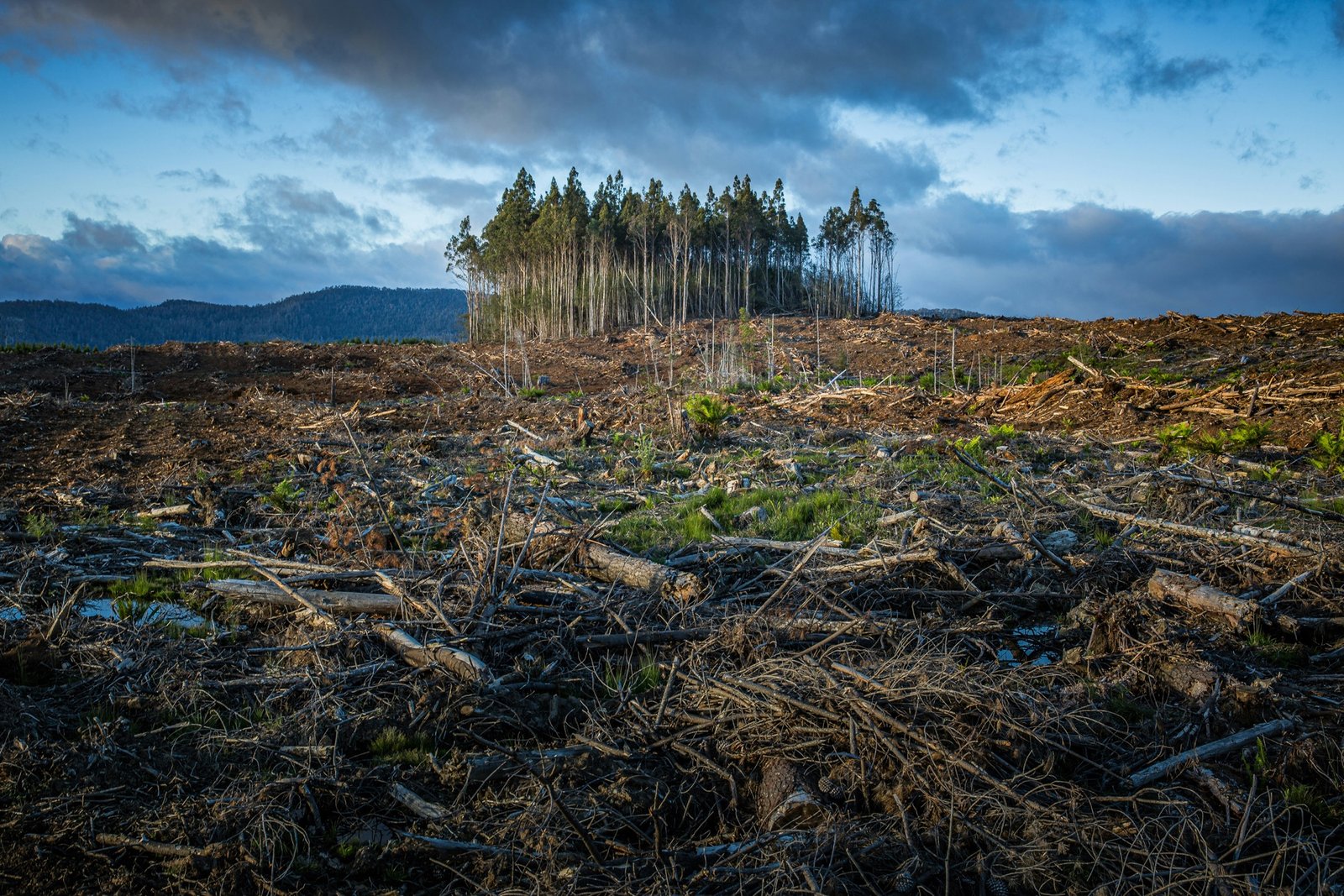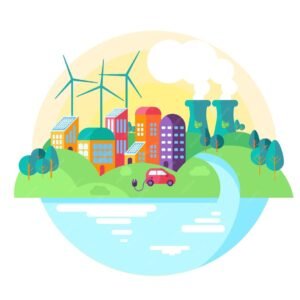In the face of escalating global temperatures, erratic weather patterns, and unprecedented environmental upheavals, climate change looms as the paramount challenge of our era. To confront this existential crisis head-on, we must embrace a multifaceted strategy, with environmental education emerging as a cornerstone in our arsenal against climate change.
Understanding the Science: Unraveling the Mechanisms of Climate Change
At the heart of effective climate action lies a deep comprehension of the scientific underpinnings of this phenomenon. Environmental education serves as the beacon guiding individuals through the labyrinth of climate science, elucidating key concepts such as:
- The Greenhouse Effect: Shedding light on how certain gases trap heat within the Earth’s atmosphere, catalyzing a gradual escalation in global temperatures.
- Human Activities as the Primary Catalyst: Illuminating the pivotal role played by activities such as fossil fuel combustion, deforestation, and industrial processes in perpetuating greenhouse gas emissions.
- The Far-reaching Consequences: Enabling individuals to grasp the extensive repercussions of climate change, spanning from rising sea levels to the exacerbation of extreme weather events and the destabilization of ecosystems.
By integrating insights from reputable sources such as the Intergovernmental Panel on Climate Change (IPCC), educational endeavors cultivate critical thinking skills, empowering individuals to discern factual information from misinformation.
Fostering Behavior Change: Catalyzing Action Through Knowledge
Environmental education transcends the realm of mere theoretical understanding, catalyzing tangible behavioral transformations. By illuminating the nexus between individual choices and environmental outcomes, education empowers individuals to:
- Minimize Carbon Footprints: Championing the adoption of sustainable practices, encompassing facets such as embracing public transportation, optimizing energy usage, and embracing mindful consumption habits.
- Advocate for Change: Galvanizing individuals to champion policies favoring renewable energy adoption, sustainable urban planning, and environmental preservation initiatives.
- Promote Eco-conscious Lifestyles: Cultivating a culture of environmental stewardship by championing practices such as waste reduction, water conservation, and responsible waste management.
Recent studies, including a seminal 2021 publication in Nature Climate Change, underscore the efficacy of educational interventions in precipitating substantial shifts towards sustainable behaviors.
Building a Culture of Sustainability: Nurturing Collective Responsibility
Environmental education transcends individual actions, fostering a collective ethos centered on environmental preservation and sustainable development. This entails:
- Empowering Community-based Initiatives: Galvanizing grassroots movements through initiatives such as community clean-up drives, afforestation campaigns, and the propagation of local sustainability endeavors.
- Engaging with Policy Frameworks: Equipping informed citizens to advocate for robust environmental regulations and hold corporate entities accountable for their ecological footprint.
- Propagating Social Accountability: Encouraging businesses to embrace sustainability as a core tenet, thereby minimizing their environmental impact across diverse operational spheres.
By fostering a culture imbued with sustainability principles, environmental education catalyzes the emergence of a conscientious society committed to mitigating climate change’s adverse effects.
Equipping Future Generations: Nurturing Environmental Stewards
Empowering the youth with environmental acumen is paramount in safeguarding a sustainable future. This entails:
- Integrating Climate Literacy into Curricula: Embedding climate change education within educational frameworks equips students with the requisite knowledge and competencies to navigate climate challenges adeptly.
- Promoting Experiential Learning: Facilitating immersive experiences, such as nature excursions, community gardening initiatives, and hands-on scientific projects, fosters a profound affinity with nature and nurtures environmental guardianship.
- Championing Youth-driven Initiatives: Providing platforms for young activists to voice concerns, spearhead climate action campaigns, and advocate for policy reforms empowers them as catalysts for transformative change.
Examples and Initiatives: Pioneering Paths Toward Sustainability
Numerous initiatives underscore the transformative potential of environmental education:
- The United Nations Framework Convention on Climate Change (UNFCCC): Advocating for the integration of climate change education into national curricula and bolstering public awareness.
- The UNESCO Climate Change Education for Sustainable Development (ESD) Programme: Equipping educators with the tools and resources essential for seamlessly integrating climate change education into pedagogical practices.
- The Aichi Biodiversity Targets: Emphasizing the indispensable role of environmental education and public awareness in fostering biodiversity conservation and sustainable development.
In conclusion, as we navigate the turbulent waters of climate change, environmental education emerges as our guiding beacon, illuminating the path towards a sustainable future. By cultivating an informed populace, nurturing sustainable behaviors, and empowering future generations, we can surmount the formidable challenges posed by climate change, ushering in an era defined by harmony between humanity and the natural world.
For efficient solar panel cleaning solutions leveraging cutting-edge technology, explore Taypro’s range of autonomous waterless AI-enabled microfibre cloth-based solar panel cleaning robots here. Optimize your solar energy efficiency while contributing to a cleaner, greener future.





